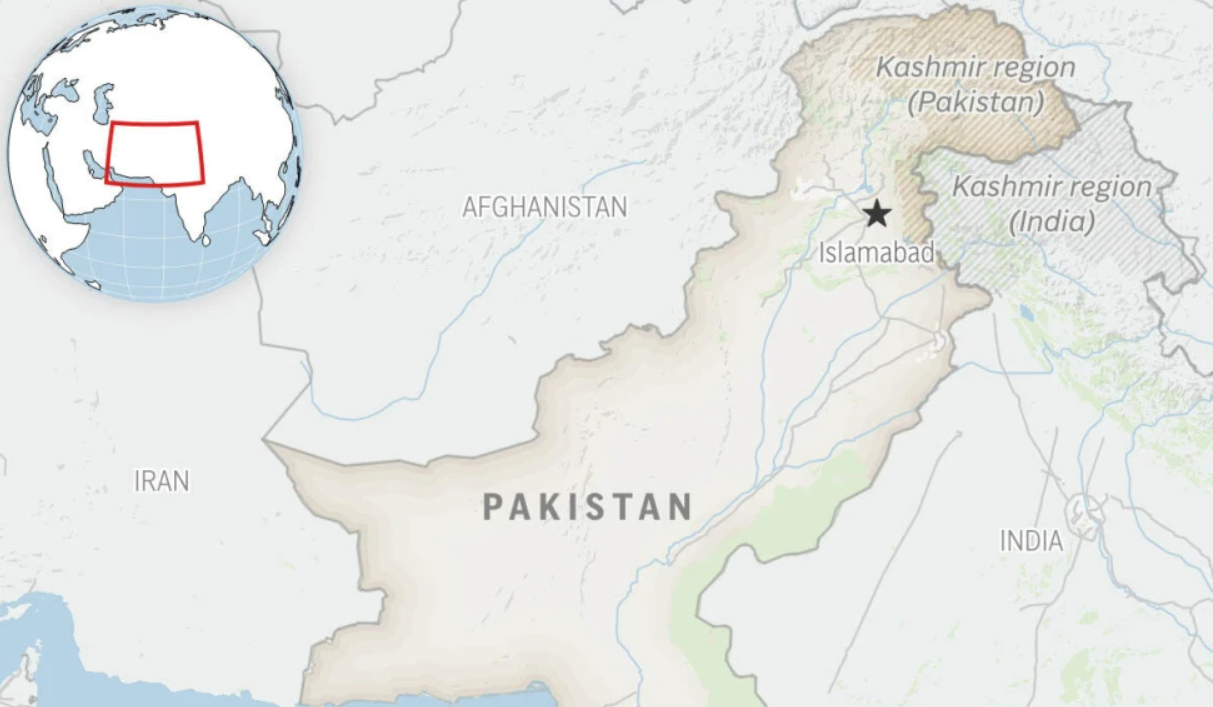PAKISTAN ARMY BASE ATTACKED BY SUICIDE BOMBER AND GUNMEN NEAR AFGHAN BORDER

Militant strike in Mir Ali and security response
A suicide car bomber struck a sprawling security forces compound in Mir Ali, North Waziristan, igniting an hourslong firefight in Pakistan’s northwest. Police said militants linked to the Pakistani Taliban (TTP) backed the assault, which damaged nearby homes and forced residents to shelter indoors. At least six attackers were killed, according to initial police tallies, with the full casualty picture still emerging as investigators comb through debris. The attack underscores how border districts remain vulnerable to cross-border facilitation and local cells despite stepped-up operations. It also comes at a tense moment for Pakistan’s counterterror policy as authorities weigh negotiations, kinetic sweeps, and tighter coordination with Kabul—all while trying to avoid civilian blowback.
Why Mir Ali matters and what comes next
Mir Ali sits on key routes that have long served smuggling and insurgent logistics, making it a frequent flashpoint when militant groups test state defenses. Friday’s assault showed familiar tactics: a vehicle-borne blast to breach the perimeter followed by small units attempting to overrun interior positions. Security officials will now probe how the attackers staged the operation, what weapons and communications they used, and whether facilitators exploited gaps in local checkpoints. Expect immediate measures—curfews, cordon-and-search, and roadblocks—along with a review of base hardening and intelligence sharing. Regional analysts warn that sustained pressure on TTP splinters is necessary but insufficient without better border surveillance and economic stabilization to reduce recruitment pools. For residents, the near-term reality is more patrols and intermittent service disruptions as authorities try to reassure a jittery population












